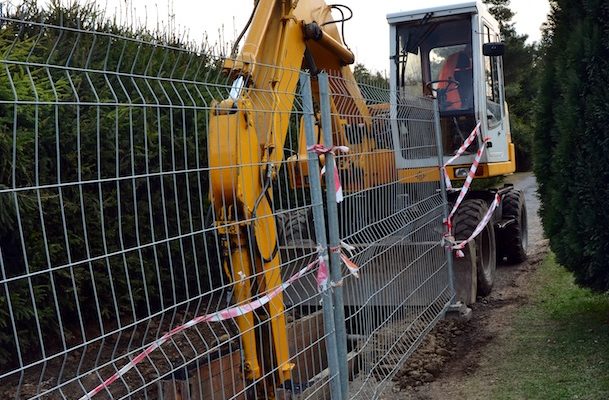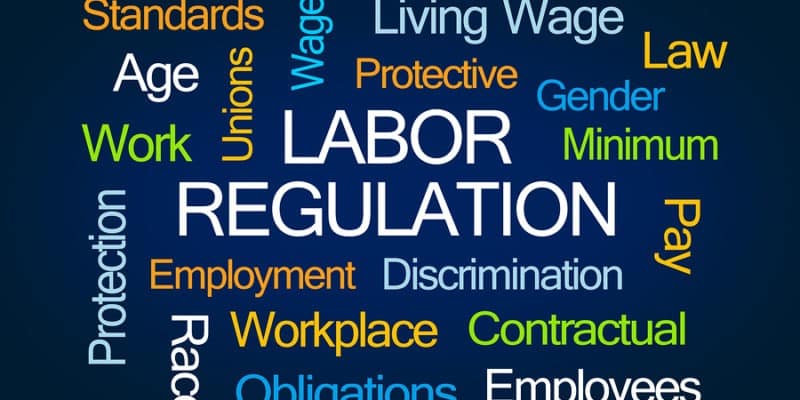July 1, 2022
Prevailing Wage Law
Beginning with contracts executed on July 1, 2022, the Prevailing Wage and Local Hiring Law applies and is patterned after the Federal Davis-Bacon and State of Maryland’s prevailing wage laws. See Anne Arundel County Bill 72-21. It requires the prevailing wage be paid to workers on County-financed construction contracts as required by Anne Arundel County’s Laws; and also adds local hiring requirements as applicable. The prevailing wage rate is the rate paid for comparable work in the private sector within the County. The County’s Wage Determinations are subject to the State of Maryland Wage Determination rates for Anne Arundel County for Highway Construction and/or Building Construction. Job classifications not listed, Vendors will be required to request a rate determination with the Request for Additional Wage Rates from the Maryland Division of Labor and Industry. In the event of a conflict between the County prevailing wage and local hiring statutes, the statute shall control.
It is the responsibility of each contractor and bidder submitting a quote or solicitation to Anne Arundel County to read, certify and attest to the County that they have read and agree to be bound by the prevailing wage and local hiring requirements of the County, including these guidelines, and agree to be bound to them. An affidavit must be provided attesting to the same in such form and substance as required by the County upon demand as an incorporated requirement to any contract or agreement.
In the event the state or federal prevailing wage law applies, the requirements of Maryland state law or federal law shall apply, provided however that local hiring requirements may still also concurrently apply. If the state prevailing wage applies, additional requirements as set forth in COMAR and state statute will be applicable including, but not limited to, notices to independent contractor and withholding of last payments for contracts until a certification and attestation is received by the County evidencing that all employees and contractors have been paid in accordance with state prevailing wage requirements.









